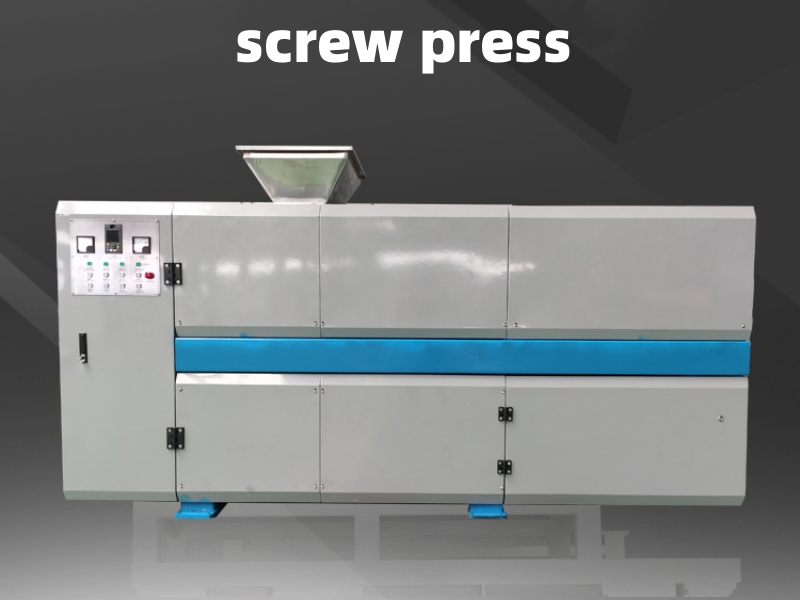
In the pursuit of sustainable waste management practices, the utilization of advanced technologies has become imperative. The waste food residue dewatering machine stands out as a revolutionary solution, addressing the challenges associated with food waste disposal while promoting resource recovery. This article delves into the functionalities and benefits of this innovative technology.
Operational Mechanism:
The waste food residue dewatering machine operates on a highly efficient and eco-friendly mechanism. It employs advanced dewatering techniques to extract moisture from food waste, resulting in a solid residue that is easier to handle and transport. The machine utilizes a combination of mechanical pressure and other proprietary technologies to achieve optimal results.
Resource Recovery:
One of the key advantages of this dewatering machine is its ability to facilitate resource recovery from food waste. By removing excess water content, the machine transforms food waste into a more concentrated and manageable form. The extracted water, if treated properly, can also be repurposed for non-potable applications, contributing to water conservation efforts.
Reduced Environmental Impact:
Traditional methods of food waste disposal often involve landfilling, leading to environmental pollution and greenhouse gas emissions. The waste food residue dewatering machine mitigates these negative impacts by significantly reducing the volume of waste sent to landfills. The resulting solid residue can be further processed into valuable by-products like organic fertilizers or bioenergy, fostering a circular economy.
Cost-Efficiency:
Implementing a waste food residue dewatering machine can prove to be cost-effective in the long run. The reduction in waste volume translates to lower transportation and landfill costs. Additionally, the recovered resources can generate additional revenue streams or offset the initial investment in the technology.
Versatility and Scalability:
The dewatering machine is designed to handle various types of food waste, ranging from kitchen scraps to industrial food processing residues. Its modular design allows for scalability, making it suitable for both small-scale and large-scale waste management operations. This adaptability enhances its applicability across diverse industries.
Regulatory Compliance:
With an increasing focus on environmental regulations and sustainability standards, businesses and municipalities are seeking solutions that comply with stringent waste management requirements. The waste food residue dewatering machine aligns with these regulations, offering a compliant and responsible approach to food waste disposal.
Conclusion:
The waste food residue dewatering machine emerges as a game-changer in the realm of waste management, providing a sustainable and efficient solution to the challenges posed by food waste. By promoting resource recovery, reducing environmental impact, and offering cost-effective alternatives, this technology paves the way for a greener and more responsible future in waste management practices.




If your company wants to establish a business relationship with us, please briefly describe the cooperation intention and send an email to:chuantaiscrewpress@gmail.com























































































![[list:title]](/static/upload/image/20240528/1716877114510915.jpg)